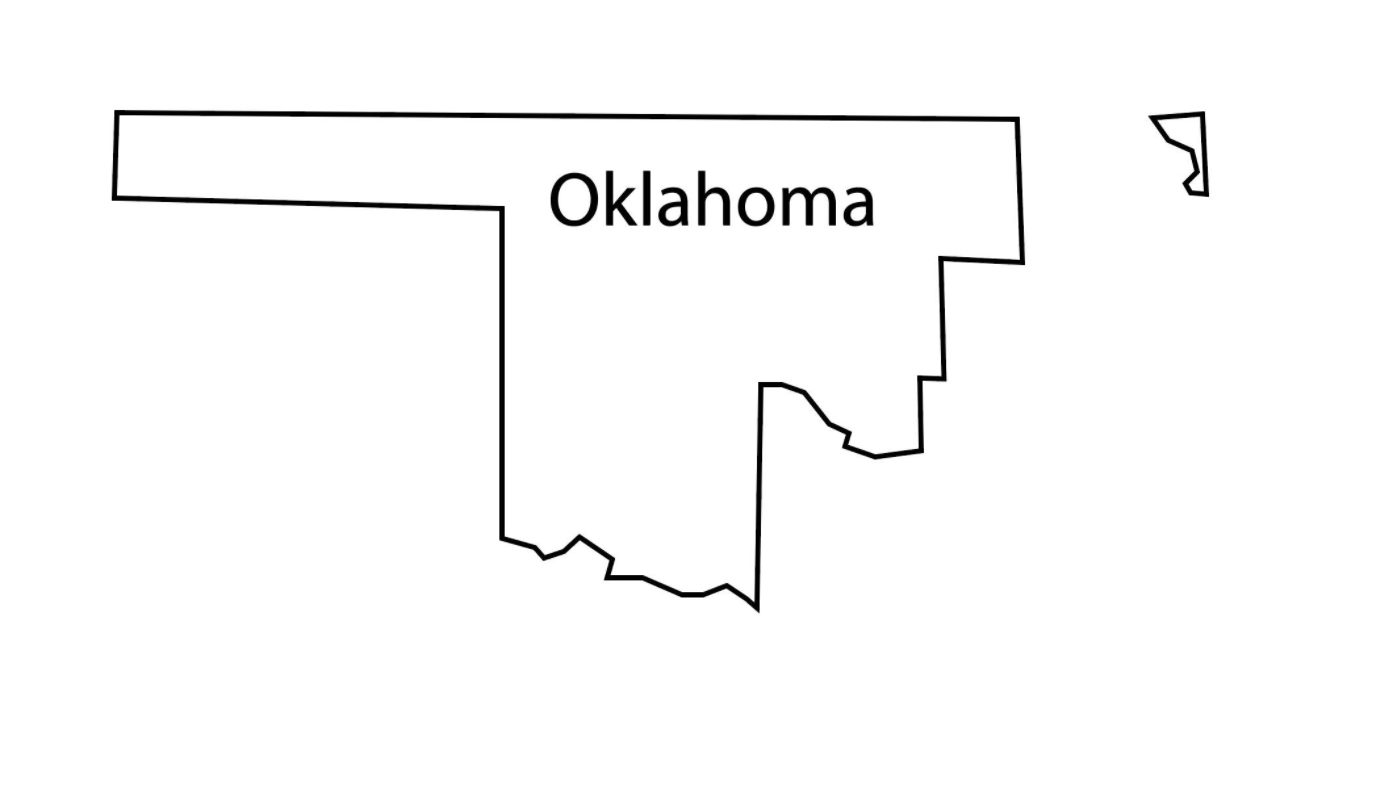Amidst a wave of recent positive developments for Indian country, the U.S. Supreme Court recently issued a landmark decision regarding criminal jurisdiction to the benefit of the Muscogee (Creek) Nation in McGirt v. Oklahoma. On July 9, the court held that, for purposes of the Major Crimes Act, vast swaths of eastern Oklahoma that had been reserved for the Creek Nation remain “Indian country.”
The Major Crimes Act, which vests federal courts with criminal jurisdiction over certain enumerated crimes committed by Indians in Indian country, relies upon the definition of “Indian country” found in 18 U.S.C. § 1151, which is cited and adopted by countless federal statutes, regulations, and court decisions. Pursuant to 18 U.S.C. § 1151, Indian country includes “all land within the limits of any Indian reservation under the jurisdiction of the United States Government, notwithstanding the issuance of any patent, and, including rights-of-way running through the reservation.”
The United States removed the Creek Nation from its original homelands in present-day Georgia and Alabama in the first half of the 19th century. The key issue in McGirt was whether or not land that was “granted” to the Creek Nation by treaty in 1833 retains its status as “reservation” and therefore constitutes “Indian country.”
In a decision certain to have tremendous ramifications for Indian tribes, the Supreme Court’s 5-4 majority held that the land at issue, Creek treaty territory, remains a reservation (and, therefore, Indian country) because Congress has never adopted a statute explicitly terminating the land’s reservation status. Although the reservation has been diminished, it was never disestablished by Congress. The court was crystal clear: “If Congress wishes to withdraw its promises, it must say so. Unlawful acts, performed long enough and with sufficient vigor, are never enough to amend the law.”
“Our team of tribal advocates at Patterson Earnhart Real Bird and Wilson LLP is excited about the prospects this new ruling presents with respect to restoration of tribal jurisdiction over tribal ancestral homelands and treaty territory lands,” said Jeremy Patterson, founding partner. “We are available to assess the legal landscape of tribal jurisdictional claims to determine whether and how they can be pursued in light of the McGirt decision.”
To learn more about jurisdiction or reservation status of tribal lands, and to arrange an initial consultation, visit nativelawgroup.com. Patterson Earnhart Real Bird & Wilson has offices in Louisville, Colorado, and Washington, DC.
Patterson Earnhart Real Bird & Wilson LLP is dedicated to the representation of American Indian tribes, tribal entities, and individual Indians across the United States. Our mission is to support and advance the sovereignty, self-sufficiency, and self-governance of our tribal clients. We take time to listen to, and fully understand, our clients’ concerns so we can develop responsive and appropriate solutions.

